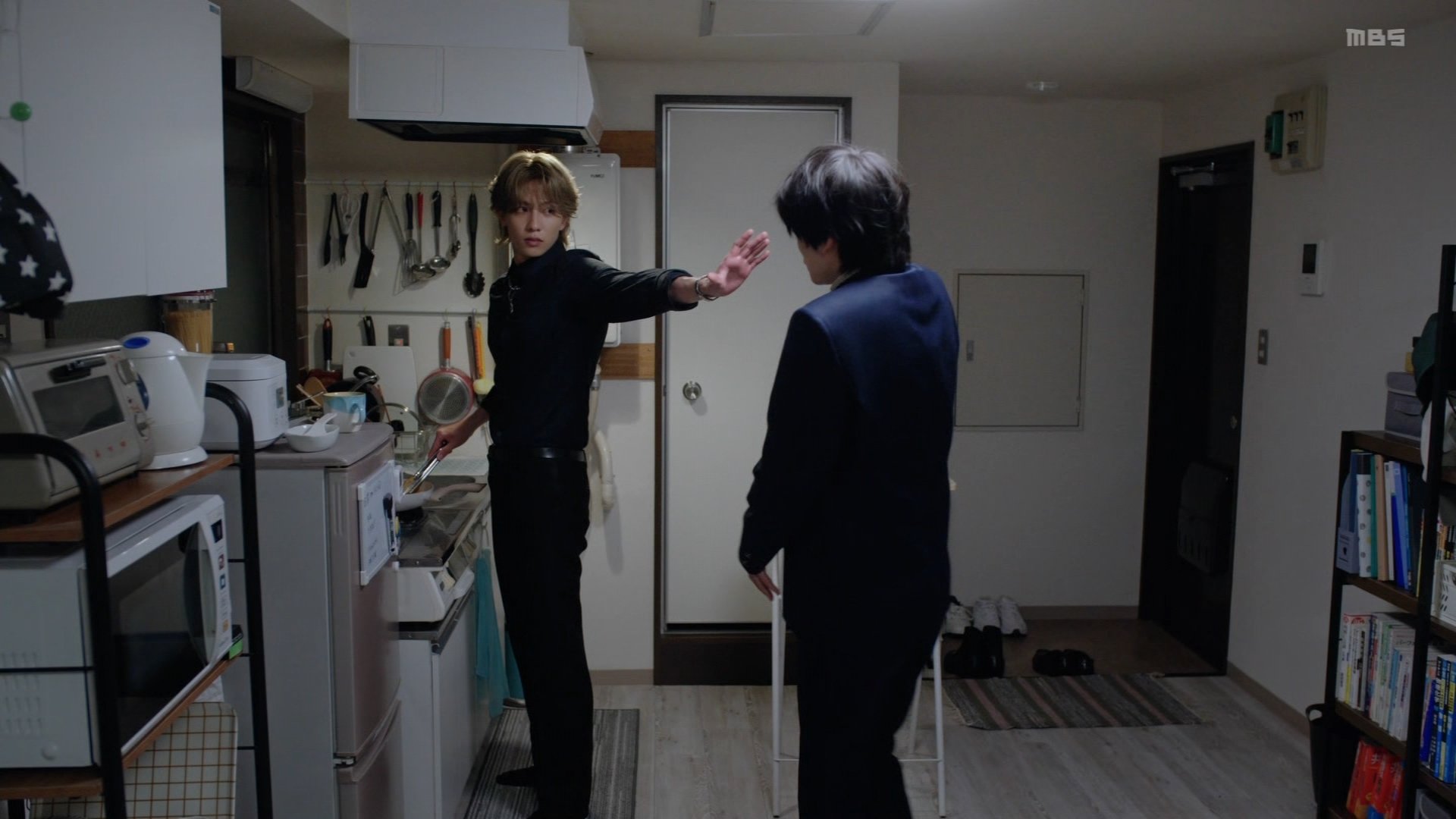Most people wouldn’t think that math is a transferable skill to the culinary arts, and in reality, it probably is. Fermat’s Cuisine disputes that, as Gaku Kitada makes the unique career shift from becoming a mathematician to becoming the head chef of the restaurant. While most people (ourselves included) won’t really understand what kind of calculations he makes in order to succeed, it’s easy to sympathize with Gaku’s troubles as he tries to make a new start. It’s also an intriguing mystery to try and figure out what happened between this start and his later success. Choosing a career path, finding a good mentor, and trying to learn something new are things everyone goes through. Fermat’s Cuisine confidently suggests math is the answer.
Synopsis
After Gaku Kitada, a talented mathematics scholar, suffers setbacks on his dream of becoming a mathematician, he meets Kai Asakura, a young but similarly talented chef, as he is running his own food business, and joins Kai in an attempt at something new.
Storyline
After giving up on being a mathematician, Gaku Kitada meets star chef Kai Asakura, who recognizes Gaku’s math skills can be used for the culinary world.
TLDR
Note to all math teachers out there: Yeah, it makes math seem exciting… but it doesn’t actually present the math, sorry to say.
What stands out
It can be hard to make math seem exciting. A good understanding of the field is usually needed for specific specialties, but for day-to-day life, it just seems like a school subject that students need to pass just to graduate. Fermat’s Cuisine has a main character who breathes and lives out math equations– to Gaku Kitada, math is the way in which he interacts with the world around him. Everything is translatable to math, and he will find some way, somehow, in order to isolate the correct formula. While the show doesn’t actually do the math step by step, Fermat’s Cuisine is able to make the math feel interesting by making the school subject feel more like a mindset. As a system of logic, it’s an intriguing idea, even when it’s presented with early-2000’s Microsoft Word text graphics.



